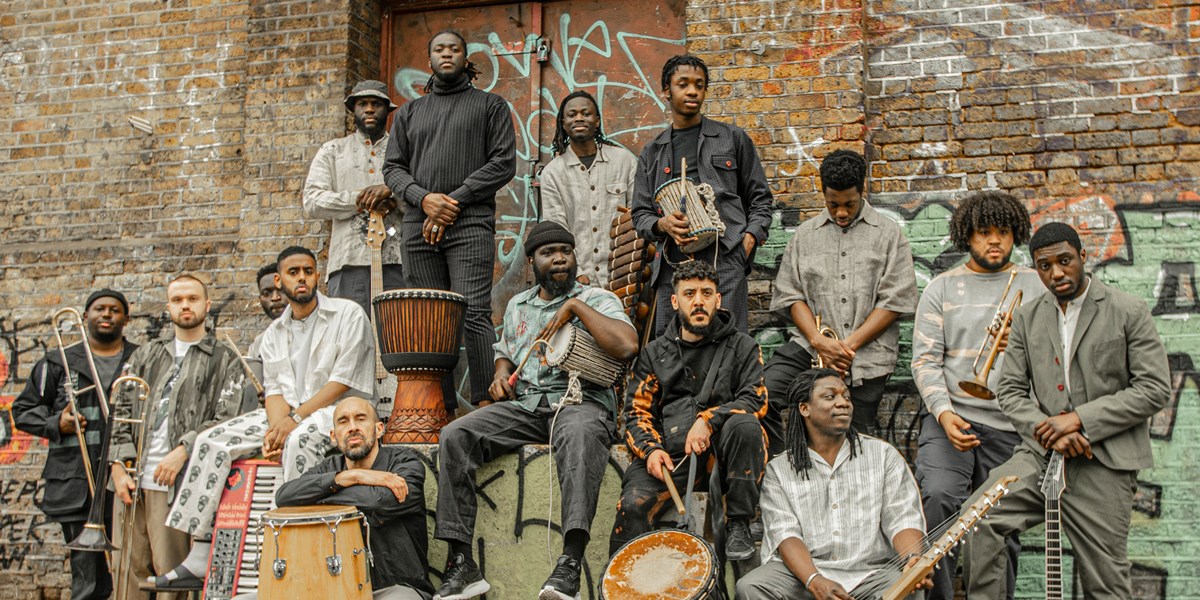Tuesday, September 21, 2021
Introducing... Balimaya Project
The 16-piece are reclaiming Mande tradition and helping to educate their communities. Jane Cornwell catches up with bandleader Yahael Camara Onono

©Create Not Destroy

Register now to continue reading

Thanks for visiting the Songlines website, your guide to an extraordinary world of music and culture. Sign up for a free account now to enjoy:
- Free access to 2 subscriber-only articles and album reviews every month
- Unlimited access to our news and awards pages
- Our regular email newsletters

